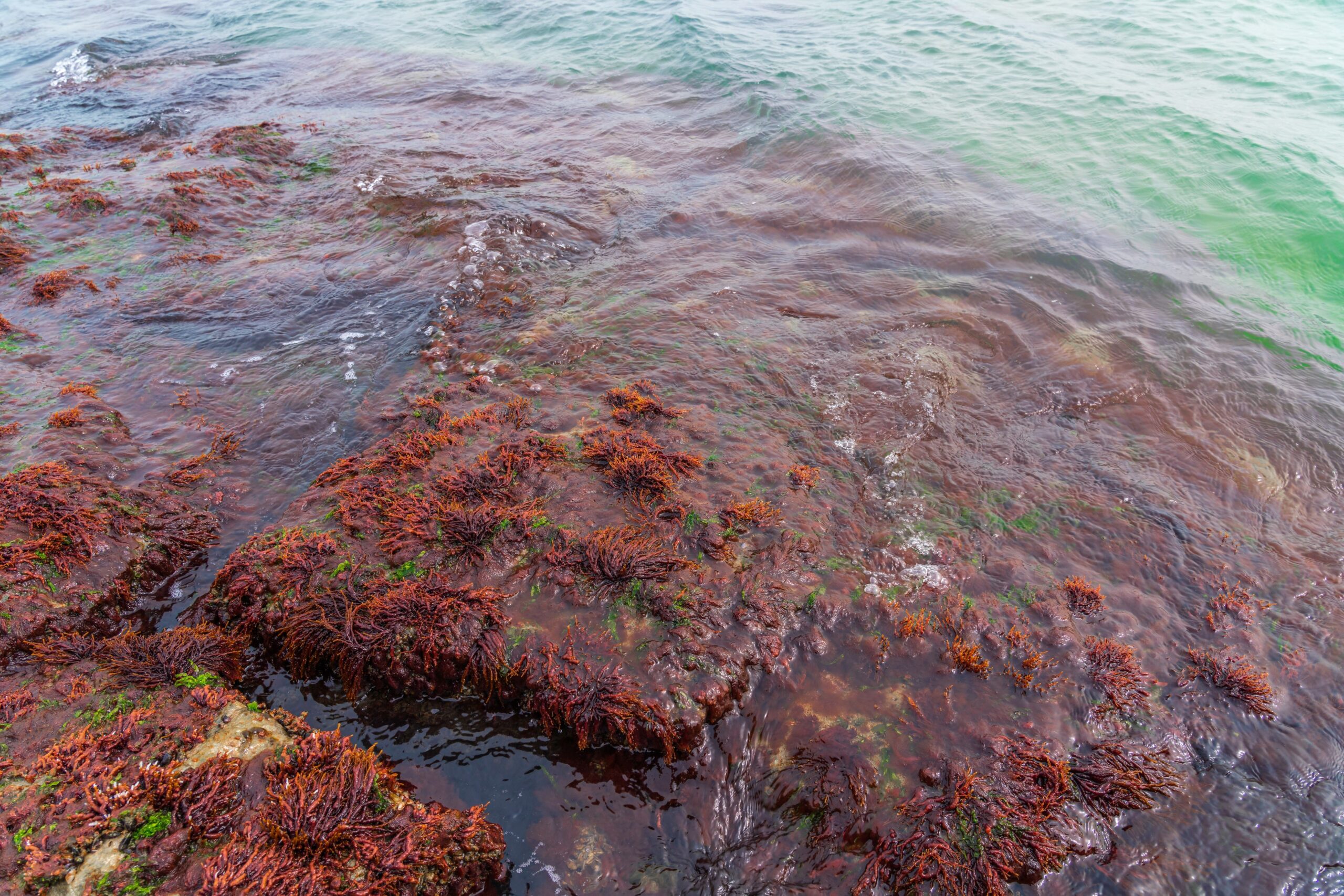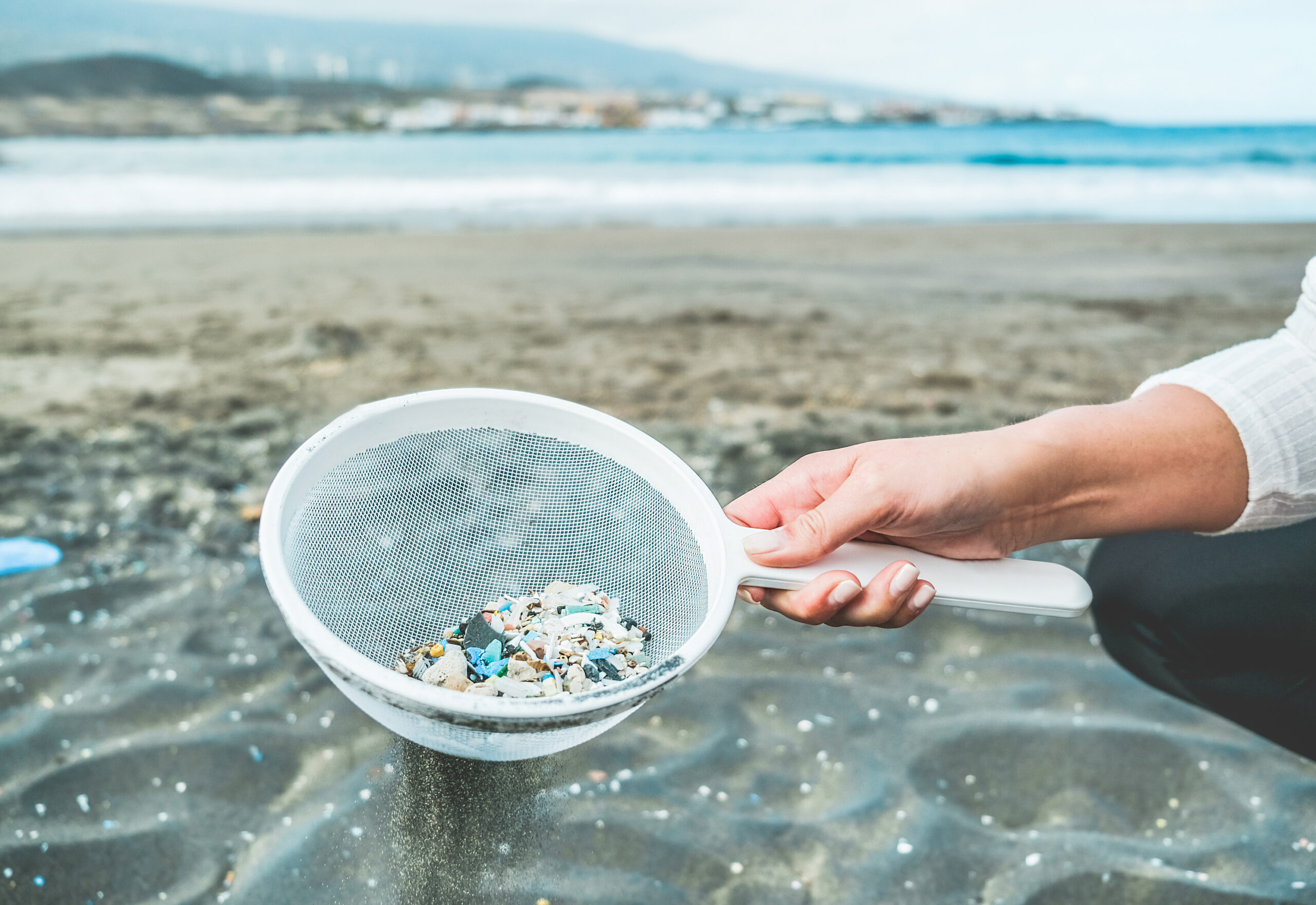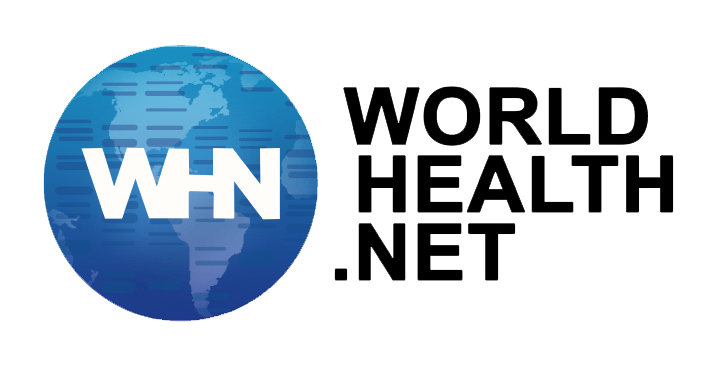Sustainable Macroalgae Aquaculture: Seaweed Might Be The Next Big Thing
Researchers from Tel Aviv University and the Israel Oceanographic and Limnological Research Institute have developed a method to enhance seaweed, doubling the antioxidants, tripling the natural sunscreen quantity, and increasing the unique protective pigments found within it of high medicinal value by tenfold. Their study has been published in the journal Marine Drugs. “Seaweed, also …






